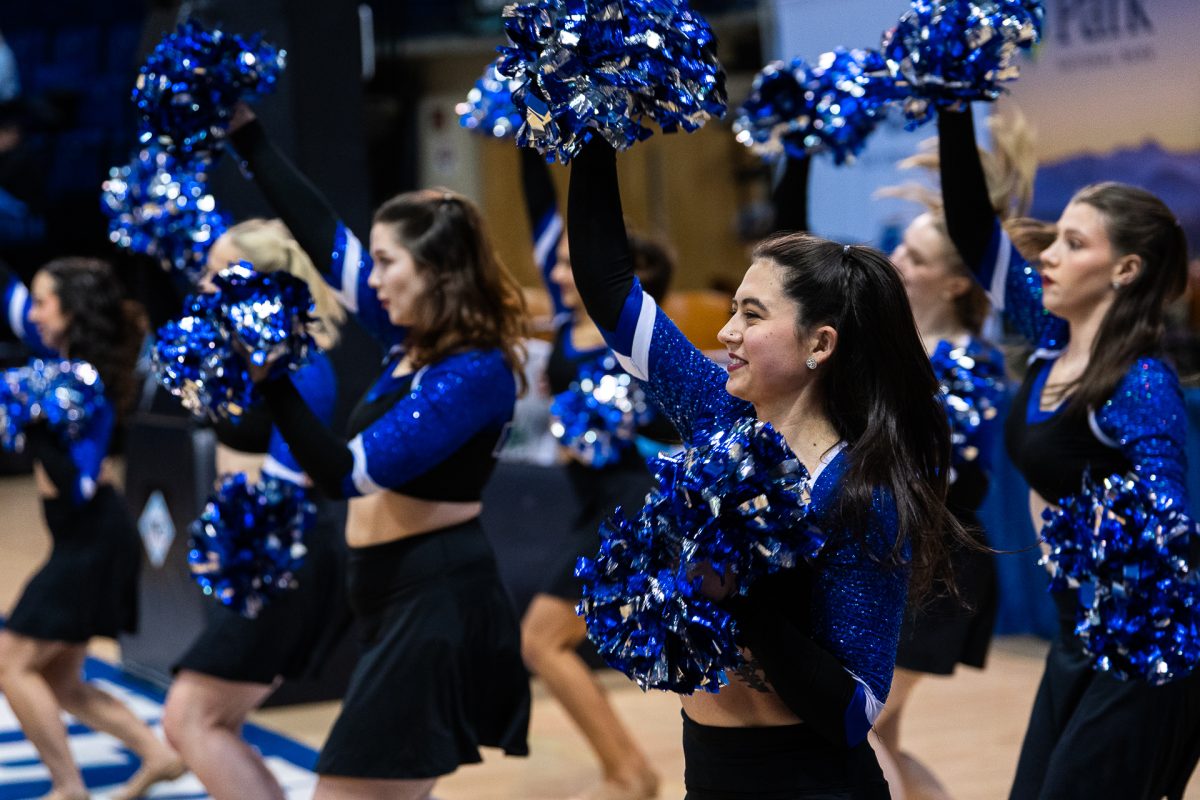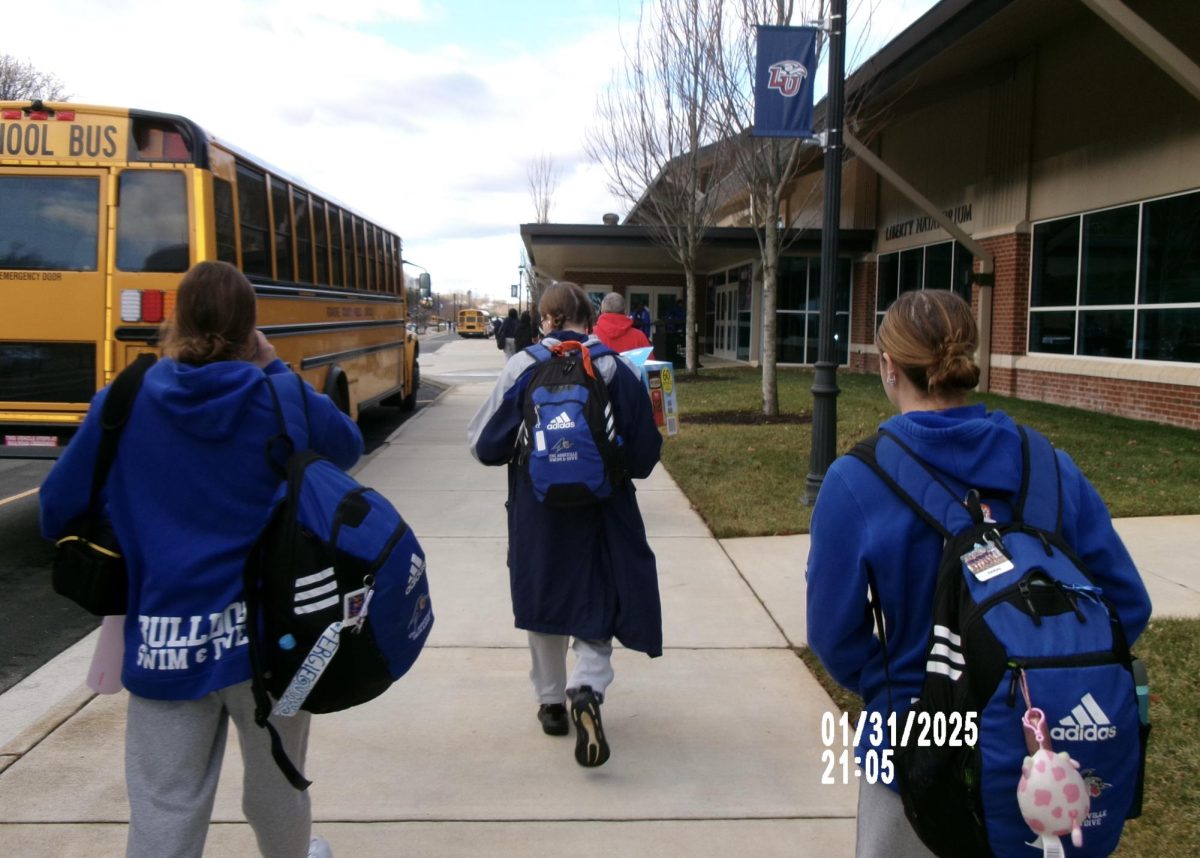In recent years, mental health has taken center stage in sports, with athletes and coaches challenging long-standing stigmas through open dialogue and advocacy. Basketball in particular has emerged as a powerful platform for fostering mental health awareness.
To explore how the sport is driving this cultural shift, I spoke with UNC Asheville basketball coaches Mike Morrell and John Pickett, alongside team captains Josh Banks and Julian Clarke about their efforts to prioritize mental well-being on and off the court.
For Coach Mike Morrell, basketball’s strength lies in its ability to build trust and belonging.
“When players step onto the court, they’re not just teammates – they’re family,” he said.
This sense of community fosters a safe environment where players feel comfortable discussing mental health struggles. The team regularly hosts counselors and motivational speakers to reinforce that seeking help is a sign of strength, not weakness.
Pickett, a team captain, described basketball as ‘therapy.’
“When I’m on the court, I can forget about everything else – but beyond that, our team is a support system. We’ve had deep conversations about anxiety and depression during road trips or after practices,” Pickett said.
Coaches play a pivotal role in normalizing mental health conversations.
“We’re not just authority figures-we’re listeners,” said Coach John Pickett, who emphasized empathy and approachability. “Stress from academics, family, or performance pressure can weigh heavily on athletes. By encouraging mental health days and check-ins, we show their well-being comes first.”
Julian, the team’s point guard, notes how coaching support transformed his perspective.
“I used to think talking about mental health made me weak. But seeing NBA stars like Kevin Love and DeMar DeRozan speak out inspired me. Our coaches remind us it’s okay not to be okay.”
The cultural shift in mental health awareness is undeniable.
“Ten years ago, this topic was taboo in sports,” says Coach Morrell. “Now, professional athletes are leading the charge and that’s trickling down to high school and college teams.”
Social media has amplified this change, with athletes sharing resources and personal stories that normalize vulnerability.
UNC Asheville has implemented concrete steps to prioritize mental health such as “Mental Health Mondays” – practices including stress management workshops and mindfulness exercises like meditation, “Partnerships” – collaborations with school counselors to ensure easy access to mental health resources and “Individual Check-Ins” – coaches regularly discussing non-basketball challenges with players, emphasizing their holistic well-being.
For teams seeking to address mental health effectively, Coach Morrell advises weaving conversations into daily routines.
“Normalize discussions by making them part of practice or team meetings,” Morrell said.
Banks stressed the importance of seeking help.
“There’s no shame in needing support – whether from coaches, teammates, or professionals.”
“Mental health is as vital as physical health. You wouldn’t ignore a court injury – don’t ignore your mind,” Clarke said, adding a critical parallel.
Basketball’s emphasis on teamwork and resilience uniquely positions it to drive mental health progress.
“By fostering open dialogue and mutual support, we can make real change,” said Coach Pickett.
“Strength isn’t just physical – it’s emotional. Asking for help is one of the bravest things you can do,” Banks said, echoing Pickett’s statement.
Through initiatives like “Mental Health Mondays” and candid conversations, UNC Asheville’s team exemplifies how sports can break stigmas and inspire systemic change. By prioritizing mental well-being alongside athletic performance, they’re proving that basketball isn’t just a game – it’s a catalyst for a healthier, more compassionate future.


















